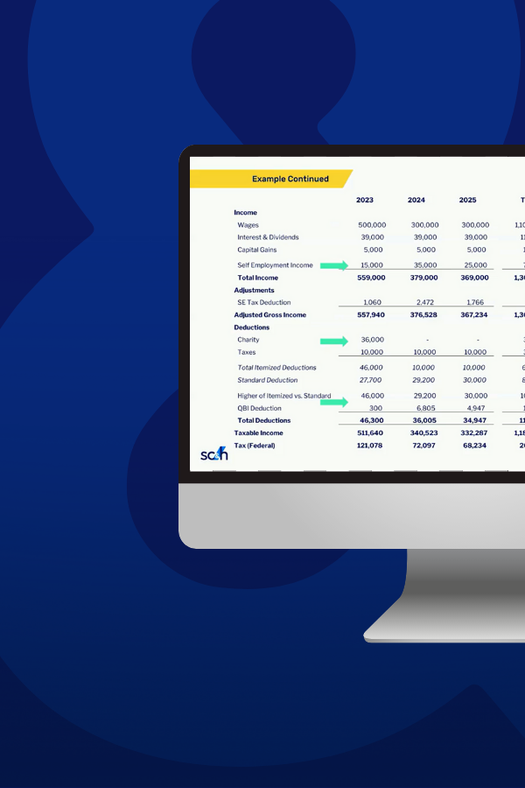In response to the Covid-19 pandemic, congress introduced the Coronavirus, Aid, Relief, and Economic Security Act (CARES Act) to provide relief for employers. The CARES Act provides employers a tax deferral of the deposit and payment of its share of Social Security taxes and allows self-employed individuals to defer payment of certain self-employment taxes. As the year comes to a close, now is the time to consider the necessary payments you will need to make by December 31,2021 and the penalties for not doing so.
Key Points
- The CARES Act of 2020 allowed employers to defer certain employer payroll taxes into 2021 and 2022
- In PTMA 2021-07, the IRS determined that a failure to deposit any portion of the payments due under this deferral would trigger a penalty for the entire deferral
- Tax deductions are impacted by these payments
- Deferred taxes are considered timely if 50% of the deferred amount due is paid by December 31, 2021
Payroll Tax Deferral
The CARES Act allowed employers to defer the payment of payroll taxes incurred between March 27, 2020, and December 31, 2020. The deferral applied to the employer portion of social security taxes (6.2% of employer wages up to $137,700) and the employer’s and employee’s share of Tier 1 Railroad Retirement Tax Act tax up to the 6.2% of wages that corresponds with the social security tax. Self-employed individuals could also defer 6.2% of self-employment taxes incurred during this period.
The deferred taxes are due and considered timely paid if 50% of the amount deferred is paid by December 31, 2021, and the remaining 50% deferred amount is paid by December 31, 2022.
Tax Deduction Impacts
Deferred payroll taxes are not deductible until paid since they are not due until more than 8.5 months after the tax year. Businesses may wish to consider the impact of not only paying the amount due for 2021 by year-end, but also paying some or all the amount due for 2022 as well. This decision could be impacted by any tax legislation coming from Congress in 2021 that might increase tax rates in 2022.
The Mechanics of Deferred Payroll Tax Payments
A separate payment must be made for each quarter in which a deferral was made. Employers may make payments through the EFTPS, a credit or debit card, or mailing in a payment with Form 941-V.
Penalty for Late Payments
Failure to make these payments within the specified timeframe will result in the following penalties:
- Less than 15 days late: 10% of the total amount deferred
- 10 days within being notified of a late payment: 15% of total dues
If you have any questions about payroll tax deferral or any Covid-19 relief programs, please do contact our SC&H tax team.
As more relief provisions are rolled out by Congress and the states, keep our Coronavirus Resource Center bookmarked for the latest and most timely information.






